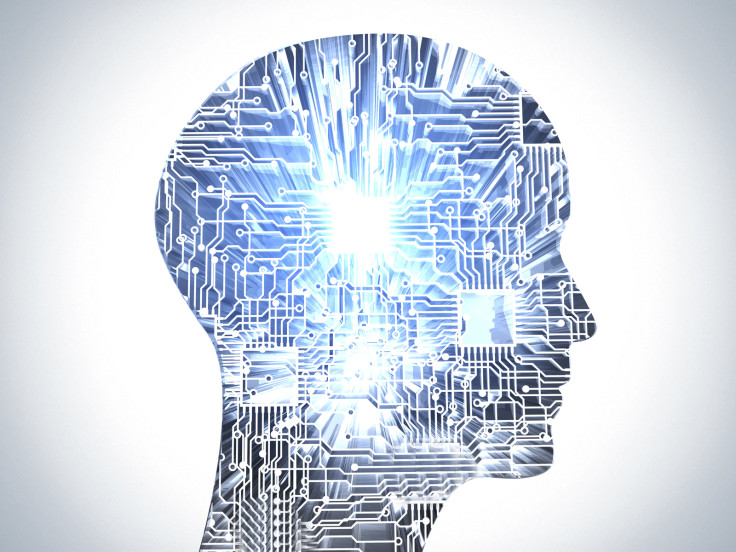Brain map of emotions could help mental health patients who can't express their feelings
With a functional imaging technique scientists are able to see expression of sadness of amusement in the brain.

Scientists have mapped out how emotions appear in the brain, identifying seven brain activity patterns that reflect specific emotional states. These findings could potentially help people who struggle to show their feelings or improve clinical trials that focus on testing medicine that regulate emotions.
Functional imagery techniques, such as functional magnetic resonance imaging (fMRI), allow scientists to take a look at the neural activity underpinning diverse cognitive processes including visual perception, decision-making, and memory.
Past studies have succeeded in showing that fMRI can differentiate between thoughts of specific objects. However, how to identify feelings induced by recollections of past experiences and emotional states of minds on brain scans had so far been more challenging.
Seven emotional brain maps
This study, published in PLOS Biology, started with 21 students. The researchers from Duke University used an algorithm based on various models of emotional experience to identify their fMRI scans. Without introducing any external stimuli, they first instructed the young participants to let their minds wander to past memories, and then asked them every thirty seconds about their emotional state.
This method allowed them to identify seven brain activity maps corresponding to seven emotional states: contentment, amusement, surprise, fear, anger, sadness, and neutrality.
In the second stage of the study, the scientists tested these "brain maps" on 499 participants. They focused in particular on the "sadness" and "fear" brain maps, trying to link them to the subject's depression and anxiety scores.
Indeed, after going through fMRI, the scientists had the participants complete psychological questionnaires to assess their state of mind as well as levels of anxiety or depression. Analysing the "sadness" and "fear" brain maps, the researchers found they were able to predict the subjects' depression and anxiety scores accurately.
The study provides scientists with a method to identify emotional states from brain scans, with a wide range of clinical applications possible. For patients who have trouble expressing their emotions, these maps could be an interesting tool for doctors. "Practically, the results suggest that brain-based models of emotion may help assess emotional status in clinical settings, particularly in individuals incapable of providing self-report of their own emotional experience", the researchers conclude.
© Copyright IBTimes 2025. All rights reserved.






















